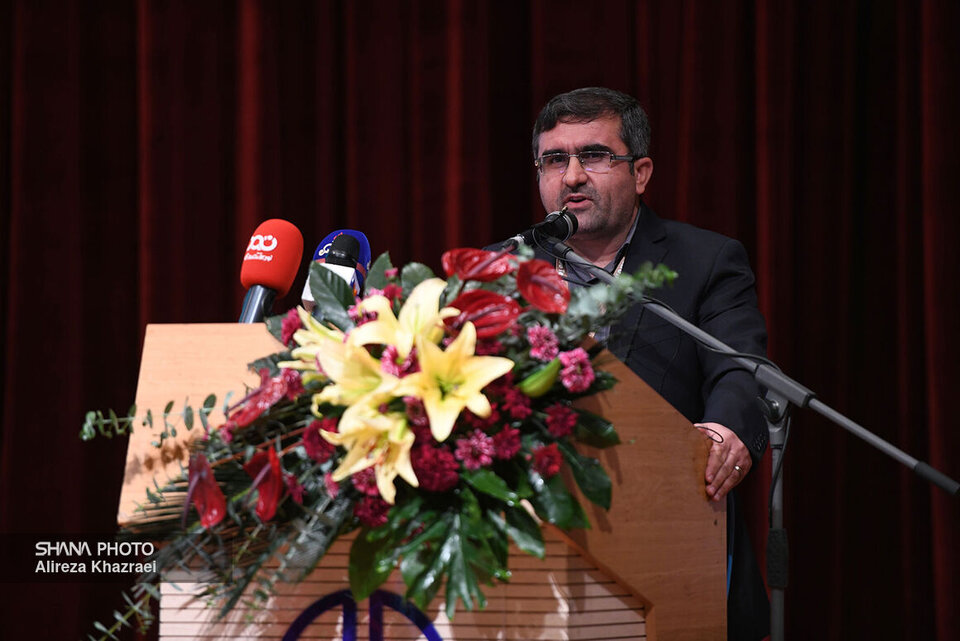Azim Kalantari-Asl, speaking at the third conference on Iran’s petrochemical value chain, stressed that industry support for research has accelerated many projects, showing the importance of collaboration between academia and industry.
He said both the beginning and the end of the value chain in Iran need greater attention, particularly in areas requiring practical expertise. With physical expansion and the passage of time, the complexity of production in conventional and unconventional reservoirs increases, he added, highlighting the need for targeted investment to secure feedstock for industries and sustain development.
Kalantari-Asl noted that the institute has carried out more than 30 field development programs in recent years and has advanced laboratories and research capabilities that can help address production challenges, especially in natural gas, the main feedstock for the petrochemical industry. He added that the institute is also pursuing a wide range of research related to petrochemical and refining processes, with findings presented in specialized sessions at the conference.
Need for industry-academia synergy
The institute head emphasized that imbalances in the value chain can only be resolved through shared understanding and cooperation. He said the institute is working to play an active role in creating such synergy by presenting its capabilities and identifying challenges.
He also pointed to two other key areas of activity: reducing carbon emissions, one of the main global issues facing the oil and petrochemical industry, and training specialized human resources at universities to meet both domestic and international needs.
Carbon-reduction efforts are particularly important in petrochemicals, he said, as the global trend is shifting from “fuel-oriented” to “product-oriented” development. He urged the Oil Ministry, the Ministry of Science and other institutions to take a forward-looking approach and turn climate-related concerns into a competitive advantage for the country.
Digitalization, AI as growth drivers
Kalantari-Asl stressed that rapidly changing environmental rules and regulations worldwide could restrict products that currently face no challenges. Learning from global trends and sharing technology and expertise can help Iran adapt, he said.
He cited Europe’s experience with joint operations, noting that broad issues should not be pursued in isolation. Collaboration among Iran’s knowledge networks, oil industry, universities and companies can create shared benefits, he added.
He also pointed to the shipping industry’s search for long-term fuel solutions, saying that new technologies, including digitalization and artificial intelligence, will be critical in developing supply chains for the future.
Digital transformation needs support
Digital technologies have moved beyond academic circles and become global, Kalantari-Asl said. This field requires support, networking and special attention, since many of the country’s needs are now concentrated in this area. Fortunately, he added, the oil industry has played a stronger supportive role than some other sectors.
In conclusion, he said the oil industry’s backing for research has helped projects advance more quickly, proving that cooperation between industry, universities and research centers can smooth the path for developing the country’s petrochemical value chain.


Your Comment